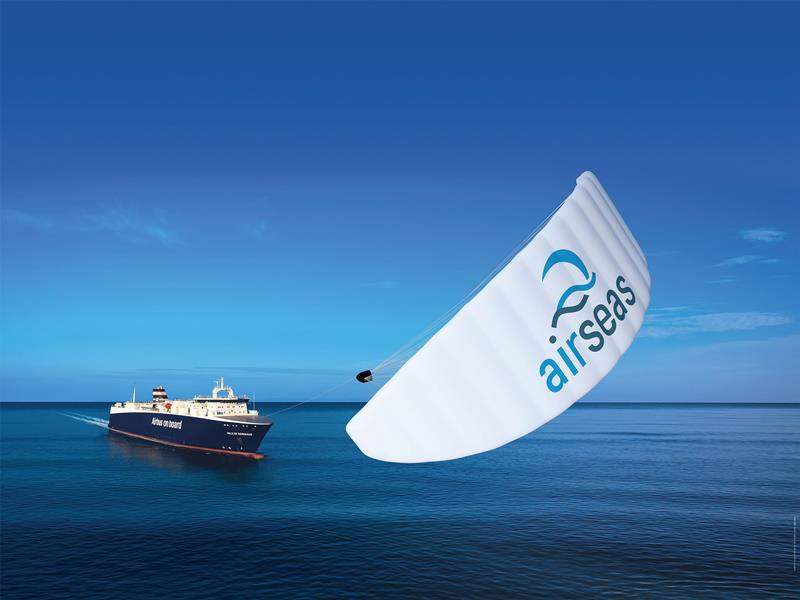
Airbus has placed a firm order with Airseas for the purchase of SeaWing, which is an automated kite based on parafoil technology that would help tow commercial vessels.
This order is part of the European plane manufacturer’s strategy to focus on bolstering productivity and delivering aircraft faster and more cost-effectively for its customers.
SeaWing provides a new way of reducing shipping fuel costs by 20% and will cut down overall industrial environmental footprint of Airbus by 8,000t of CO2 annually.
Airbus owns a fleet of four RO-RO ships to transport aircraft parts from Europe and the US.
SeaWing blends aeronautical expertise with maritime technology to launch an innovation in maritime transportation sector.
A simple switch can launch or recover the SeaWing kite, which can unfold, operate and refold autonomously.
This system will enable the gathering and analysis of meteorological and oceanic
data in real-time.
SeaWing adapts to this information, which will help to optimise its performance besides boosting safety.
Airseas CEO Vincent Bernatets said: “We are very proud that Airbus has confirmed its confidence in the SeaWing system after seeing our test results first-hand on their own ship.
“This first ro-ro vessel installation opens the way for further pioneering deals on container ships, bulkers and ferries. We are glad we can start helping our customers to reduce ship emissions in order to preserve the environment.”
The 5,382ft2 sail will help Airbus to save over $1.2m in annual fuel spending, reported Wall Street Journal.
In 2017, Airbus tested a smaller kind of the sail prior to deciding the deployment of this technology on its cargo ship, the Ville de Bordeaux.
Set to sail in 2021, this vessel will help Airbus bring parts from Europe to its Alabama facility where it will assemble for its single-aisle planes, reported the publication.
The firm order was placed by Airbus during the international maritime trade fair SMM in Hamburg.



